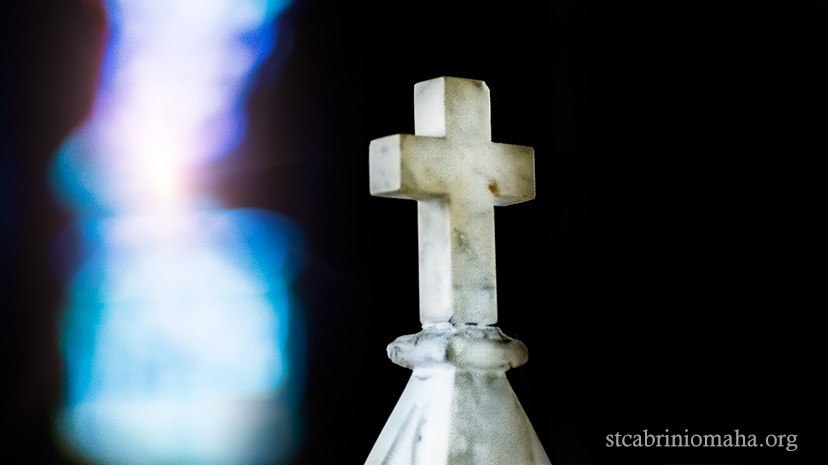Dear Friends,
Happy New Year! Did you welcome the new year in with a bang? Or did you let it sneak in quietly? Either way, I pray that this year will be filled with God’s graces and blessings. New year celebrations are customarily filled with commitments to doing things differently, to making a resolution to act and live differently. During the gathering of the Synod the last several years, the members said the Church needed to start doing things a little differently. One difference had to do with relationships:
What emerged throughout the entire synodal journey, and in every place and context, was the call for a Church with a greater capacity to nurture relationships: with the Lord, between men and women, in the family, in the local community, among social groups and religions, with all of creation. Many participants were delighted and surprised to be asked to share their thoughts and to be given the opportunity to have their voices heard in the community. Others continued to express the pain of feeling excluded or judged because of their marital status, identity or sexuality. The desire for more real and meaningful relationships is not only a longing to belong to a close-knit group but may also reflect a deep sense of faith. The evangelical quality of relationships in a community is decisive for the witness that the People of God are called to make in history. “By this everyone will know that you are my disciples, if you have love for one another.” The most eloquent sign of the Holy Spirit’s action in the community of disciples is the invitation to relationship extended to those most in need, which flows from a renewal of grace and accords with the teaching of Jesus. To be a synodal Church, we are required to open ourselves to a genuine relational conversion that redirects each person’s priorities, and we must once again learn from the Gospel that attending to relationships is not merely a strategy or a tool for greater organizational effectiveness. Relationships and bonds are the means by which God the Father has revealed Himself in Jesus and the Spirit. When our relationships, even in their fragility, allow the grace of Christ, the love of the Father, and the communion of the Spirit to shine through, we confess with our lives our faith in God the Trinity.
We should, therefore, look to the Gospels to outline for us the journey of conversion we are required to undertake, learning little by little to make Jesus’ practices our own. The Gospels present to us a Lord who is often “in the act of listening to the people who come to Him along the roads of the Holy Land”. Jesus never sent anyone away without stopping to listen and to speak to them, whether men or women, Jews or pagans, doctors of the law or publicans, righteous men and women or sinners, beggars, the blind, lepers or the sick. By meeting people wherever their history and personal freedom had led them, He revealed to them the face of the Father. By listening to the needs and to the faith of those He met, and by responding through words and gestures, He renewed their lives, opening the path to healed relationships. Jesus is the Messiah who “even makes the deaf to hear and the mute to speak”. He asks us, His disciples, to do the same and, through the grace of the Holy Spirit, gives us the capacity to do it conforming our hearts to His: only “the heart makes all authentic bonding possible, since a relationship not shaped by the heart is incapable of overcoming the fragmentation caused by individualism”. When we listen to our sisters and brothers, we are participants in the way that God in Jesus Christ comes to meet each of us.
The need for conversion certainly concerns the relations between men and women. The dynamics of relationships is inscribed upon our condition as creatures. The difference between the sexes constitutes the basis of human relationships. “So God created humankind in his image […] male and female he created them”. Inequality between men and women is not part of God’s design. In the new creation, this difference is reconsidered in the light of the dignity of Baptism: “As many of you as were baptized into Christ have clothed yourselves with Christ. There is no longer Jew or Greek, there is no longer slave or free, there is no longer male and female; for all of you are one in Christ Jesus”. Our vocation as Christians is to welcome and respect, in every place and context, this difference, which is a gift from God and a source of life. We bear witness to the Gospel when we seek to live in relationships that respect the equal dignity and reciprocity between men and women. The widely expressed pain and suffering on the part of many women from every region and continent, both lay and consecrated, during the synodal process, reveal how often we fail to do so.
More to come…
Peace,
Fr. Damian



